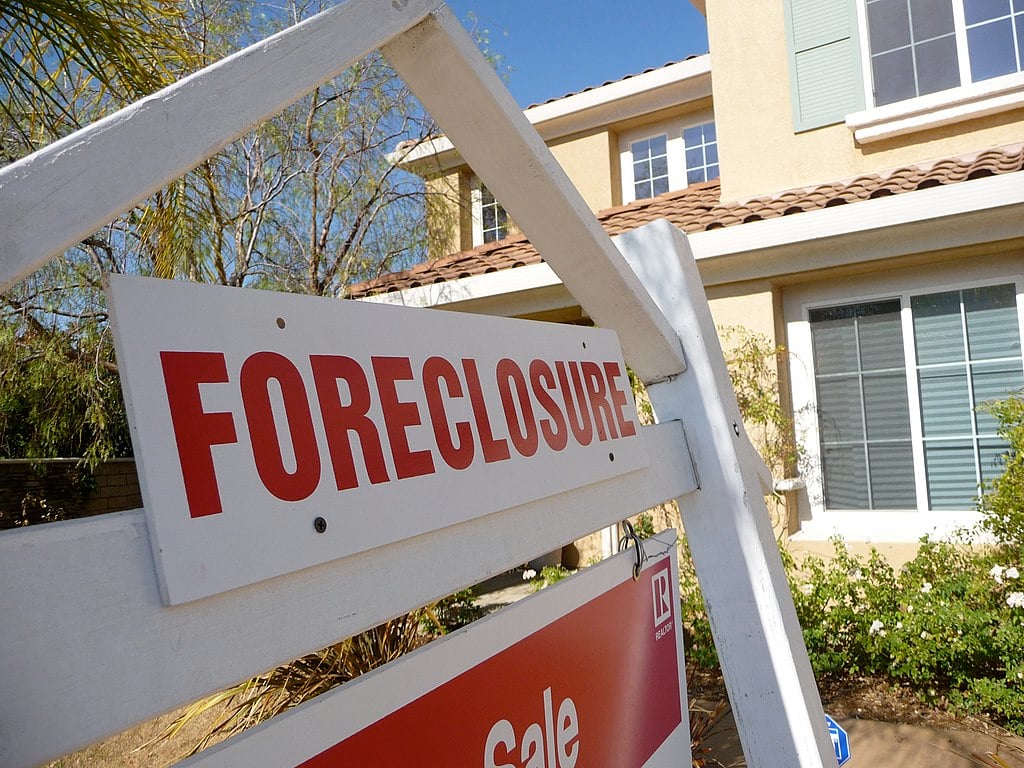Written by Craig Graves, Hanks Realty Group Realtor
Facing foreclosure can be an overwhelming and stressful experience for any homeowner. Understanding the foreclosure process, knowing your options, and making informed decisions can help you navigate this challenging time. This article provides a comprehensive guide to the foreclosure process, including when to sell, when it’s too late to sell, and the types of sales available.
What is Foreclosure?
Foreclosure is a legal process in which a lender attempts to recover the balance of a loan from a borrower who has stopped making payments. The lender forces the sale of the asset (in this case, the home) used as collateral for the loan. The process can vary slightly depending on state laws, but the general steps are similar.
The Foreclosure Process
- Missed Payments: The foreclosure process typically begins after a homeowner misses several mortgage payments. The lender will attempt to contact the borrower to resolve the issue.
- Notice of Default (NOD): If the missed payments are not addressed, the lender will issue a Notice of Default. This document is a public record and officially starts the foreclosure process. It notifies the borrower that they are in default and must catch up on their payments to avoid foreclosure.
- Pre-Foreclosure: After receiving the NOD, the homeowner enters the pre-foreclosure phase, which can last a few months. During this time, the homeowner can negotiate with the lender, sell the home, or catch up on payments.
- Notice of Sale: If the borrower does not resolve the default, the lender will issue a Notice of Sale, setting a date for the foreclosure auction.
- Foreclosure Auction: The home is sold at a public auction to the highest bidder. If the home does not sell at auction, it becomes a Real Estate Owned (REO) property and is owned by the lender.
- Eviction: If the home is sold, the new owner or the lender will initiate the eviction process, and the borrower must vacate the property.
When to Sell
Timing is crucial when selling a home in foreclosure. The best time to sell is during the pre-foreclosure phase, after receiving the Notice of Default but before the Notice of Sale. Selling during this period can help homeowners avoid the damaging effects of foreclosure on their credit and potentially walk away with some equity.
When It’s Too Late to Sell
Once the Notice of Sale has been issued and the home is scheduled for auction, it becomes increasingly difficult to sell the property. While it is still possible to sell up until the auction date, finding a buyer and closing the deal in such a short timeframe can be challenging. After the auction, it is generally too late to sell, as the home will have been sold to a new owner or taken back by the lender.
Types of Sales
-
Cash Sales: Cash sales are quick and can be completed in a matter of days. These sales are attractive to homeowners facing foreclosure because they eliminate the lengthy mortgage approval process. Cash buyers are often investors looking for a deal, so the sale price may be lower than a traditional listing.
-
Full Listing: Listing the home on the market with a real estate agent can potentially yield a higher sale price, but it takes longer. This option is best for homeowners who have more time before the auction date and want to maximize their return. A full listing involves marketing the property, showing it to potential buyers, and going through the traditional closing process.
Other Relevant Details
- Short Sale: If the home’s value is less than the mortgage owed, a short sale may be an option. In a short sale, the lender agrees to accept less than the total amount due. This option requires lender approval and can take longer to complete.
-
Loan Modification: Homeowners may also negotiate a loan modification with the lender to avoid foreclosure. This option involves changing the terms of the loan to make payments more manageable.
-
Deed in Lieu of Foreclosure: As a last resort, a homeowner can voluntarily transfer the deed to the lender to avoid foreclosure. This option can be less damaging to the homeowner’s credit than a foreclosure.
Navigating the foreclosure process can be daunting, but you don’t have to do it alone. At Hanks Realty Group, we specialize in helping homeowners understand their options and make informed decisions. Whether you’re considering a cash sale or a full listing, we can provide the guidance and support you need. Contact us today for a free consultation and let us help you take control of your financial future.

